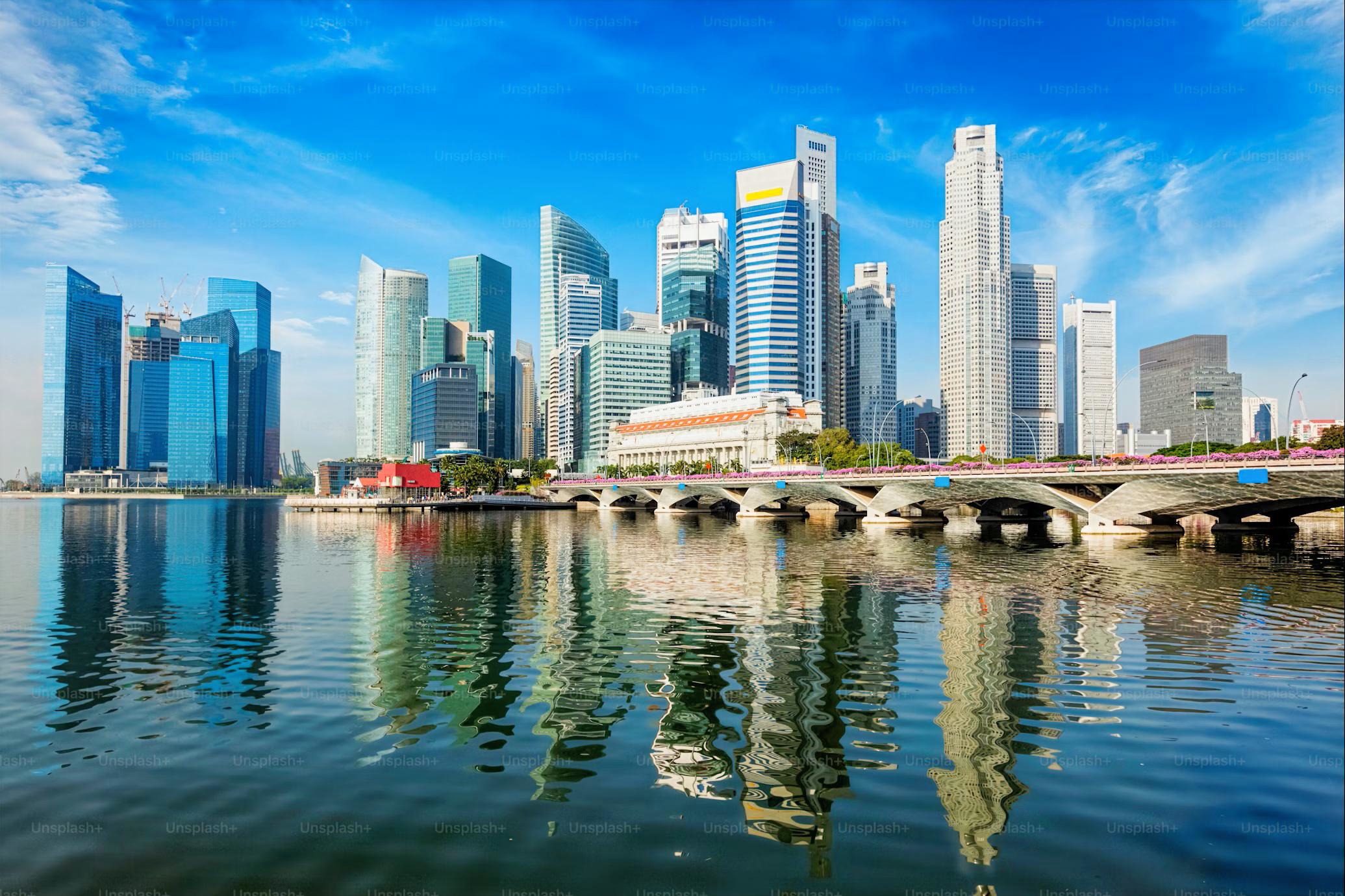Even as Singapore celebrates SG60 this year, we are mindful that the peace, progress and prosperity that our country has experienced since her early years of independence is not something to be taken for granted.
When we consider the on-going conflicts around the world as well as recent attacks on Singapore’s critical information infrastructure by China-linked cyber espionage group UNC3886, it is evident that the flourishing and for that matter, the ongoing existence of any nation requires more than just a collective effort from its people.
Depending on how far one chooses to trace the history of our nation state, you will learn that even before the British arrived in Singapore in 1819, our island was a thriving port that was part of the Srivijayan empire, and later on came under the influence of the Majapahit kingdom of Java.
Imagine if some Indonesians whose ancestry could be traced to these ancient kingdoms want to recover their “homeland”. Would their claims have any legitimacy in today’s world? In the first place, who has the rightful authority to recognise the sovereignty of a particular country? Who gets to decide whether a particular ethnic or people group has the right to dwell in some places or claim some territories as their inheritance?
If the Bible teaches us that it is God who has “made from one man every nation of mankind to live on all the face of the earth, having determined allotted periods and the boundaries of their dwelling place” (Acts 17:26), what would it mean to trust in God’s sovereignty to shape the geopolitical landscape of our world?
More importantly, whenever there are territorial disputes, how can Christians go about offering practical help and love to others in sustainable ways, regardless of the latter’s nationality or ethnicity? To what extent is God calling Christians to advocate for changes to geographical boundaries or champion its maintenance whenever conflicts arise over one’s stake on the land? Or should our priorities and efforts to consider the interests of others lay elsewhere?
Even as we honour our forefathers and political leaders for what they have accomplished for Singapore, we remember that it is God who has sovereignly chosen to give birth to our young nation state. Whether we are citizens or not, we seek to love Singapore because we acknowledge that this country is our God-given home in this season of our lives. We give thanks and celebrate whenever Singapore lives up to God’s ideals of justice and mercy. But we also grieve and intercede for her whenever she falls short of what God demands from all nations.
Apart from being a citizen of Singapore, a Singaporean Christian is also a citizen of God’s Kingdom. While monarchs, Presidents or Prime Ministers may attempt to extend their political clout through various means, they cannot deny the reality that there is only one divine ruler who reigns over all and is worthy of our utmost allegiance above all other earthly authority and national affinity (Psalm 22:27-28, 82:8).
This also means that while Singaporeans seek to love our nation, it must go deeper than national pride or civic duty. As much as we enjoy Singapore’s diversity of food choices, political stability, efficient transportation system, etc, loving our city cannot be just about what she can offer us. Ultimately, it must be rooted in God’s call for us to love our neighbours and being salt and light in this world. Whenever we do so, it can be said that we are seeking the good of our city.
Whenever we are serving with humility and integrity at our workplaces, giving our utmost instead of malingering during National Service, keeping a lookout for elderly neighbours who lives alone or treating migrant workers with dignity and compassion, such quiet and faithful displays of Christian virtue are examples of how we can all show love to others and bear witness to the gospel. Hopefully, as others see our good works, they will give glory to our Father in heaven (Matthew 5:16).
More importantly, let us earnestly pray and work toward the spiritual revival of our nation that many more will come to trust in Christ and repent of their sins. In seeking to love our city, let us also persevere in our discipleship and evangelistic endeavours. After all, as we much as we should contribute to the nation-building of Singapore and aspire for her to continue excelling in whatever good she has done, no one can guarantee if there will be an SG100 for us to celebrate.
While it is certainly prudent and forward thinking of our government to set up committees under Economic Strategy Review (ESR) to address geopolitical changes and technological disruptions with the aim of continued economic success and getting every recruit during Basic Military Training (BMT) to learn about drone technology and how to counter it, Christians must not forget that “the king is not saved by his great army… the warhorse is a false hope for salvation, and by its great might it cannot rescue” (Psalm 33:16-17).
From the Bible, we know that God has promised that there is a far more glorious future that will be ushered in the fullness of time by the coming of the King of king that people from every nation, tribe and tongue can look forward to. For all we know, it may come sooner than we imagine or expect.
So even as we may sing Majulah Singapura to the glory of God, may many more in Singapore arise and cry out, “Marantha! Come, Lord Jesus!” to God’s glory.


